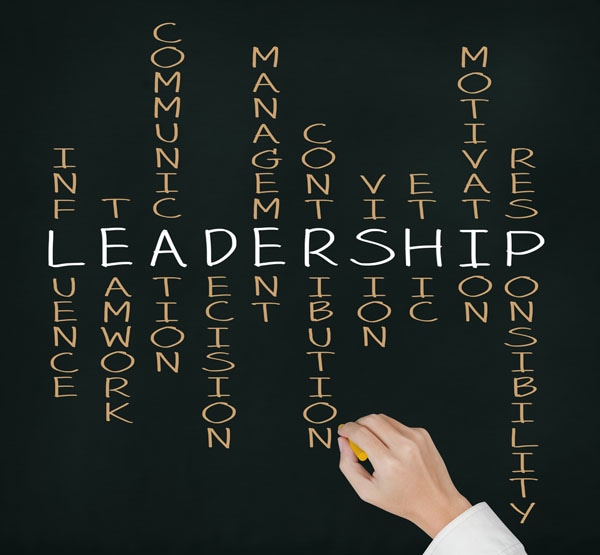Five skills needed to become a successful global business leader
Managers aspiring to lead from the front must adapt themselves to the culture of the country and build inter-personal relationships



Image: Shutterstock
There are more companies today which are expanding internationally than ever before. As the companies expand overseas, their managers are increasingly operating in markets and cultures that are new and very different to their local markets.
In the last decade of working in a global role for a large professional services firm, l have seen companies from Japan, USA, India, China, UK, Germany and Australia expand their business operations in other countries. These companies often send one of their home-grown executives overseas with the responsibility to grow their business in a foreign country. This is becoming more common with Asian companies, including those in India, China and Japan. Once they get into the new environment, many of these senior executives in leadership positions are finding an urgent need to upskill themselves in global markets.
While companies often provide a brief orientation and training to these executives, often many are left to their own means to develop and grow as effective business leaders. The most difficult and important aspect of any leadership journey is the individual’s personal development. Managers aspiring to become more effective leaders in a global business should develop a more global mindset. As Marshall Goldsmith’s famous book What got you here, won’t get you there reminds us, leaders need to continue to evolve and grow. As I transitioned for a country-centric role to a global role I focussed on the following five areas of development:
Cultural knowledge – I had to work hard on gaining knowledge about customs, traditions and culture of the markets where I was working. This often meant asking local business colleagues what is appropriate and how I should be conducting myself in critical/important situations. I would always interact with people in the most appropriate manner that was locally prevalent. For example, the US, UK, China, India, Netherlands, Africa and Middle East have a strong cultural dimension to business interactions.
Communication capability – The ability to speak fluently in a local language or understand and pick the local dialect of English is important. While I speak a few languages other than English, I realised that English is not the same in all countries. Australian English is very different from Malaysian, Singaporean or Indian English. Indian English is quite different from South African English. The Japanese and Chinese speak very little English. Also, communication with people, irrespective of what language they spoke, was very important for my role. Here, non-verbal communication and emotional intelligence play a critical role.
Handle complexity – I had developed my abilities to handle complexity, ambiguity and become more adaptable and flexible. I have lived in Australia for almost 25 years and I find many of my Australian friends are direct, open, down to earth, egalitarian and often self-deprecating individuals compared to several of my Asian friends, who are diplomatic, status conscious and are indirect/subtle in expressing their views. I had to learn to adapt to these differences. I had to not only improve cultural awareness, but also significantly improve my sensitivity to different cultures and the expected norm of behaviours.
Business knowledge and innovation - I believe any leader who wants a successful global business career must show entrepreneurial flair and become innovative, so that he/she can continue to create and add value. It was always important for me to understand the global strategy of the business that I was in, and actively contribute to its creation and most importantly, its execution. I also gained a good understanding of our competitors and would regularly keep myself updated.
Build close relationships – I spent a significant amount of time building relationships, not only with clients but also internally within the organisation. It was important for me to establish trusted relationships with not only the senior leaders of the business to whom I would directly or indirectly report to, but also with my peers and subordinates. Taking a 360 degree perspective to relationship building is very important for a global leader.
(Kumar R Parakala, Chair, Centre for Corporate Leadership)
First Published: Feb 17, 2015, 06:46
Subscribe Now